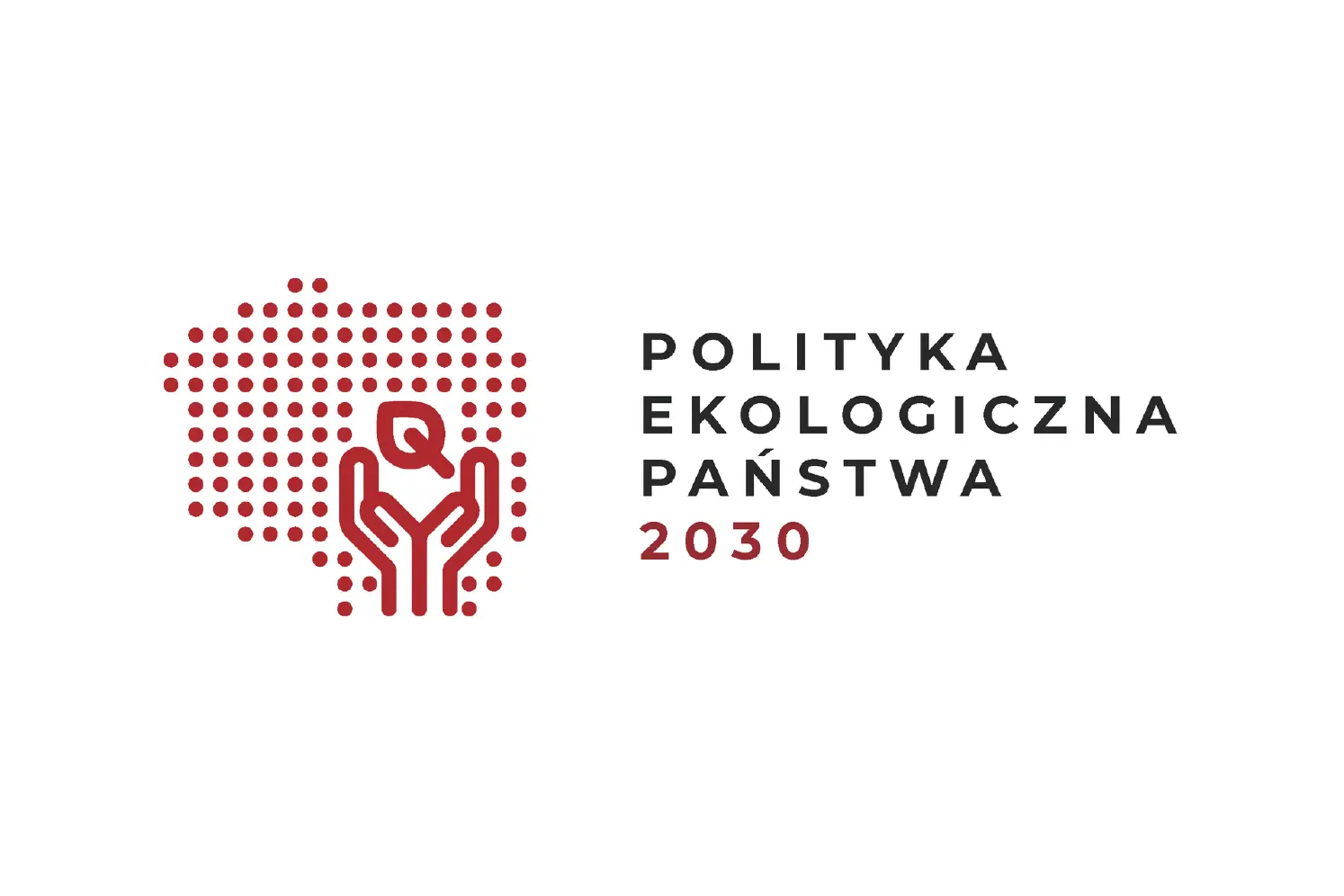National Environmental Policy 2030 - how are laws and regulations shaping the future of agriculture, transportation and environmental protection in Poland?

The National Environmental Policy 2030 is an ambitious plan that aims to transform key sectors of the economy, such as agriculture, transportation and environmental protection, in accordance with the principles of sustainable development. Faced with the growing challenges of climate change, air pollution and ecosystem degradation, the Polish government is implementing a series of laws and regulations. In this article, we will analyze how these regulations are shaping the future of our country, what changes await farmers, transport entrepreneurs and how the new regulations will affect everyone's daily life.
PEP2030 Organic Agriculture Law. What is it?
The Organic Agriculture Act, introduced as part of the National Environmental Policy 2030 (PEP2030), is a key document regulating organic production in Poland. Adopted in 2022, the law lays the foundation for efforts to promote sustainable agriculture, responding to environmental challenges and the growing demand for organic food. It introduces a number of solutions aimed not only at streamlining procedures related to the certification and inspection of organic products, but also at supporting farmers who opt for organic production methods. A symbol of this law may be, for example, organic cups, which have begun to systemically displace their plastic counterparts.
One of the main goals of the law is to facilitate access to organic seed and simplify procedures related to obtaining approvals for deviations from the standard rules of organic production. This allows farmers to adapt their farms to organic requirements more quickly and efficiently, which has a direct impact on increasing the share of organic crops in Poland. PEP2030 aims to significantly increase the area of organic crops by 2030, thus contributing to EU goals such as reducing pesticide use and improving biodiversity.

Following and eco guideline can be practical and stylish - an example is 50 pieces of 350 ml dispersion paper cups
What is the State Environmental Policy 2030 about?
The National Environmental Policy 2030 (PEP2030) is a comprehensive action plan aimed at transforming the Polish economy towards sustainable development. The document focuses on three main environmental goals: improving the quality of the environment and the health of citizens, sustainable management of natural resources, and climate change mitigation and adaptation. PEP2030 calls for broad implementation of environmentally friendly measures in various sectors of the economy, including agriculture, transportation and energy, as well as the development of environmental education and increased efficiency of public administration in environmental protection. Also part of this law are, for example, natural takeaway packaging or biodegradable cutlery, the use of which is related to the so-called "plastic directive" SUP.
An important element of PEP2030 is the integration of digital solutions, such as electronic databases, which will enable better control and management of environmental data. The program also emphasizes the need for international cooperation (especially within the European Union), in achieving climate goals and protecting biodiversity.
The Ecological Act and cars - what is worth knowing?
The Ecological Regulation, part of the National Environmental Policy 2030, introduces a number of regulations aimed at reducing the negative impact of transportation on the environment. Among other things, the regulations include stricter emission standards aimed at reducing CO2 emissions and other harmful substances from cars. One of the key elements of the law is the promotion of electromobility - the government is introducing financial incentives and tax breaks for individuals and companies investing in electric or hybrid vehicles.
There are plans to restrict entry of high-emission vehicles into city centers and to develop charging infrastructure for electric cars. In practice, this means that owners of older combustion cars will face higher operating costs or replacement of the vehicle with a greener one. In the long term, these regulations are expected to help improve air quality, especially in urban areas, and reduce Poland's carbon footprint.
What is an ecological use and what is its significance?
An ecological land use is a protected area that has special natural values, such as bird breeding sites, rare plant habitats or areas important for the protection of biodiversity. Ecological uses are often small fragments of landscape that need to be protected from degradation due to their specific ecological role. Such areas may include mid-field ponds, marshes, bogs, mid-field woodlots or clumps of trees. Their protection is of great importance for the preservation of local ecosystems - and these, in turn, are essential for maintaining biodiversity and ecological balance.
Ecological land uses also perform educational and recreational functions, increasing the environmental awareness of society. The National Environmental Policy 2030 pays particular attention to the need to protect such areas as an element of sustainable development and a tool for combating climate change.

500 pieces of Lepironia grass straws 4.5-6.5/200mm - an excellent way to implement ecological changes in the premises and beyond.
What is the Law on Ecological Security?
The Law on Ecological Safety is a comprehensive piece of legislation that regulates measures to protect the environment, prevent pollution and manage the risks associated with business activities that may affect the environment. The main purpose of the law is to ensure that industrial, agricultural or construction activities carried out in the country do not lead to environmental degradation or risks to human health. The law requires businesses to conduct environmental impact assessments (EIAs) before carrying out investments, and introduces severe penalties for violations of environmental regulations. An important element of the law is also the public administration's obligation to monitor the state of the environment and take corrective action if threats are detected. In the context of the National Environmental Policy 2030, the law is an important tool to ensure that Poland's economic development can proceed in a sustainable and environmentally safe manner
The National Environmental Policy 2030 is not just a collection of laws and regulations, but first and foremost a plan for the future, which aims for Poland's sustainable development. The pursuit of greener agriculture, sustainable transportation and effective environmental protection requires the involvement of all sectors of the economy, as well as the awareness and responsibility of every citizen. The increasingly popular eco-friendly packaging or paper straws for beverages are the first step toward extraordinary opportunities to positively impact the planet!
See other posts:
What napkins for a wedding? Environmentally friendly solutions that will delight your guests!
How to hold sushi chopsticks? We explain how to use Chinese chopsticks for eating
How to fold paper napkins for cutlery? Aesthetically pleasing table pocket in a simple design!
Green Deal - what is it? Key assumptions, goals, opportunities and challenges for farmers
Green building materials - how to choose the most effective solutions for your home?
